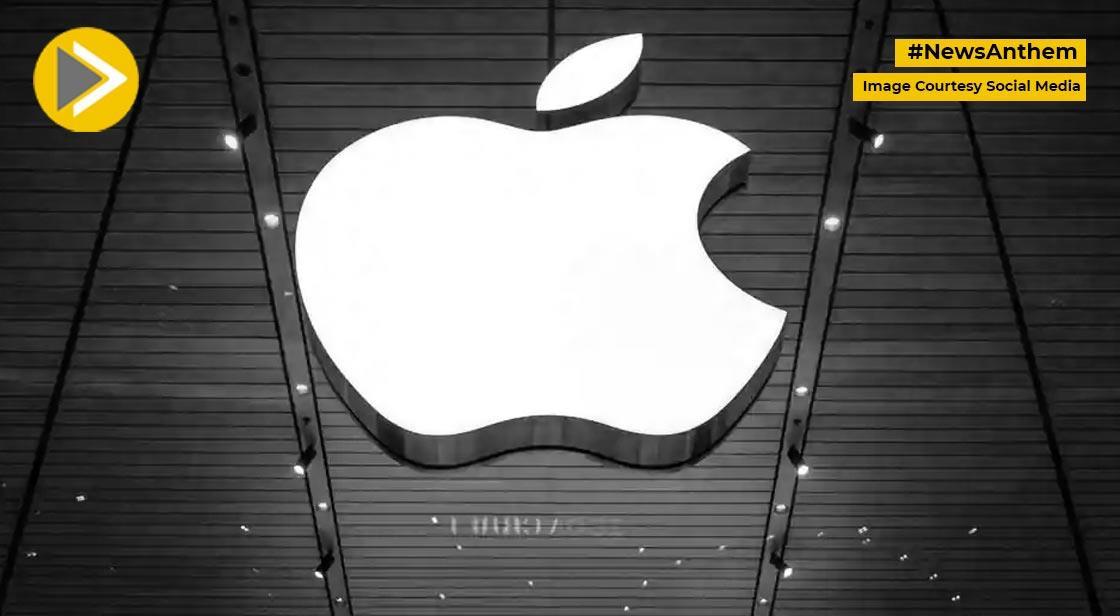Apple's Top Foundation Models Executive Departs for Meta, Highlighting Talent Battle in AI Sector

News Synopsis
Apple Inc. has suffered a significant blow in its artificial intelligence strategy as Ruoming Pang, a senior executive overseeing Apple’s foundational AI models, has decided to leave the company for Meta Platforms Inc., according to sources familiar with the matter.
Pang had been leading Apple’s foundation models team, playing a central role in the development of large language models that underpin the recently launched Apple Intelligence.
"Ruoming Pang, a distinguished engineer and manager in charge of the company’s Apple foundation models team, is departing," the sources revealed.
Ruoming Pang joined Apple from Alphabet Inc. in 2021 and is now set to join Meta’s Superintelligence division, becoming the latest high-profile addition to Mark Zuckerberg’s aggressive AI hiring initiative.
Meta Offers Mega Compensation to Lure Top AI Talent
To bring Pang on board, Meta reportedly offered a compensation package worth tens of millions of dollars per year, underlining its determination to attract elite talent in the AI space.
"Meta offered a package worth tens of millions of dollars per year," insiders confirmed.
This move aligns with Meta CEO Mark Zuckerberg’s hiring spree, which has recently seen the onboarding of other prominent names in AI such as:
-
Alexandr Wang of Scale AI
-
Daniel Gross, startup founder
-
Nat Friedman, former CEO of GitHub
Moreover, Meta also hired Yuanzhi Li from OpenAI and Anton Bakhtin, who contributed to Anthropic’s Claude project, adding further strength to its AI research bench.
Apple’s Internal AI Challenges and Shifting Strategy
At Apple, Pang led a team of around 100 engineers working on large language models (LLMs) that power Apple Intelligence, including features like Genmoji, Priority Notifications, and summarization tools for emails and web content.
In June, Apple revealed plans to open up its foundation models to third-party developers, marking a pivotal step in expanding AI-driven functionalities across iPhone and iPad platforms.
However, challenges have emerged internally. The foundation models team has reportedly faced scrutiny from new leadership, and Apple has considered adopting third-party solutions for powering the upcoming AI-powered Siri while simultaneously developing an in-house version using Pang’s models.
Organizational Restructuring After Pang’s Exit
Pang’s departure follows the earlier exit of Tom Gunter, one of his top deputies. According to sources, more engineers from the Apple Foundation Models (AFM) group may soon follow Pang’s lead and leave the company, with some reportedly headed to Meta.
With Pang leaving, the AFM team will now be led by Zhifeng Chen. The new structure will feature multiple team managers—Chong Wang, Zirui Wang, Chung-Cheng Chiu, and Guoli Yin are considered possible leads—who will each oversee subsets of engineers.
Leadership Shifts and AI Governance at Apple
The AFM group currently reports to Daphne Luong, a senior deputy to John Giannandrea, Apple’s AI chief. However, Giannandrea’s role has been diminished internally, with responsibilities for Siri, robotics, and Core ML reassigned after slow progress and lukewarm responses to recent AI initiatives.
Apple’s AI direction is now primarily overseen by:
-
Craig Federighi, Head of Software Engineering
-
Mike Rockwell, who also led development of Apple Vision Pro and now heads Siri’s engineering
Giannandrea, meanwhile, continues to lead Apple’s AI research unit.
During WWDC 2025, Apple’s AI presence was notably limited, with only a handful of updates—such as AI-powered call translation and message summaries—being unveiled.
Conclusion
The departure of Ruoming Pang from Apple to Meta highlights the fierce competition in the AI landscape, where companies are investing aggressively in top-tier talent.
While Apple continues to evolve its AI capabilities with initiatives like Apple Intelligence and third-party developer integration, internal restructuring and leadership shifts point to growing pains in its AI journey.
Meanwhile, Meta’s bold recruitment strategy, backed by massive compensation packages, reinforces its ambition to dominate the next wave of superintelligence. With both companies racing to build generative AI solutions, the stakes have never been higher in the battle for innovation leadership.
You May Like









